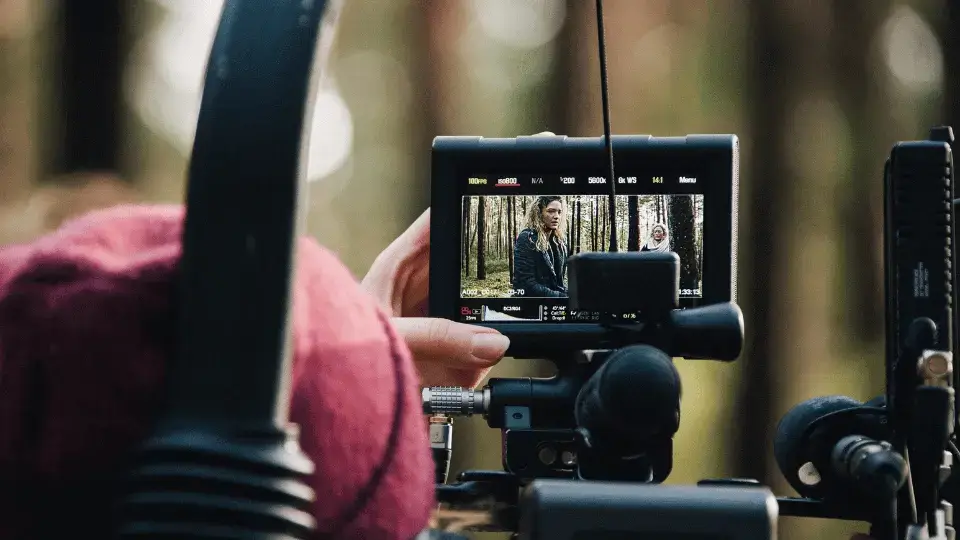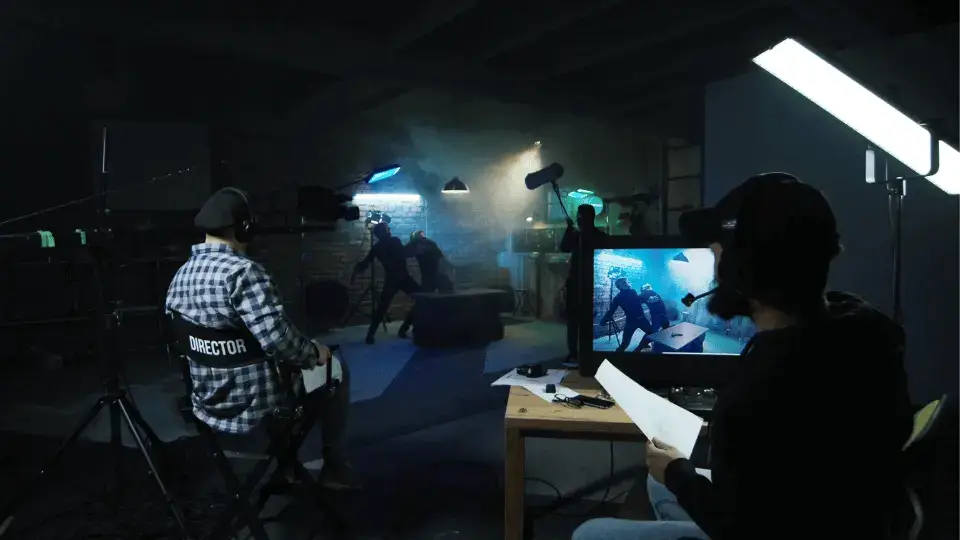Mastering the Role of a Film Assistant Editor: Career Insights and Tips
Learn the crucial role of a film assistant editor in the post-production process, from organizing footage to syncing sound. Discover the necessary skills and educational background, along with valuable tips to succeed in this exciting career.








